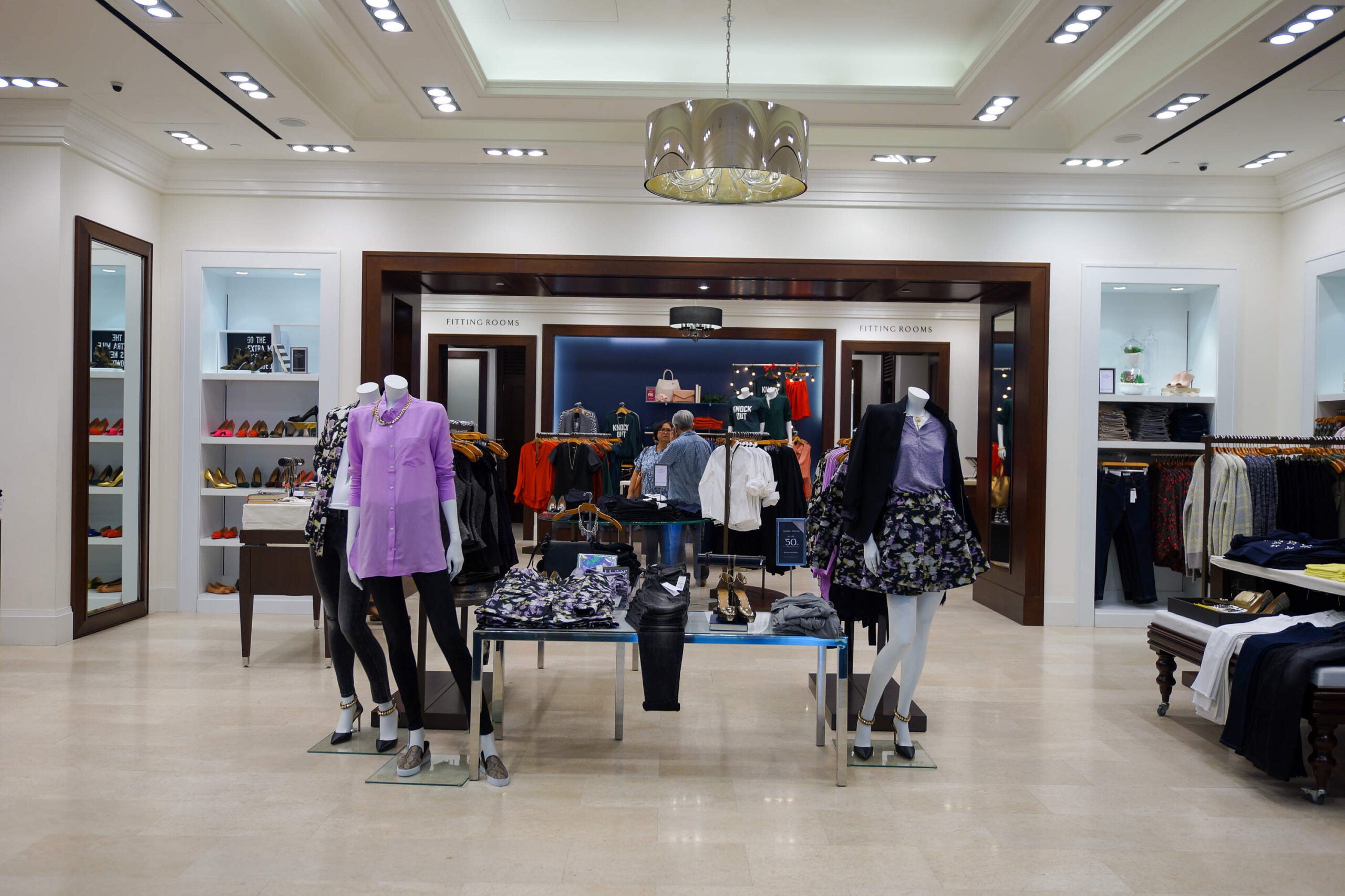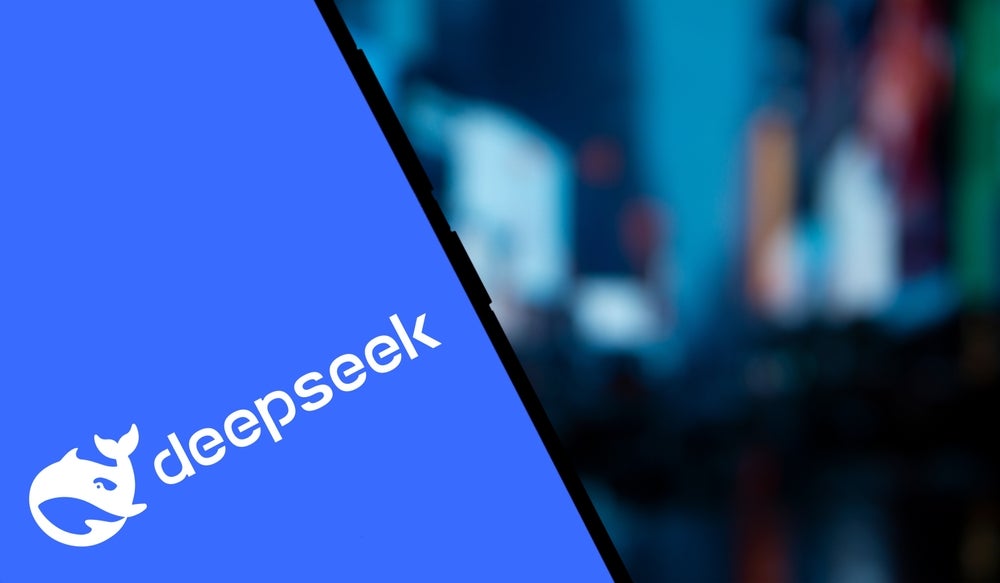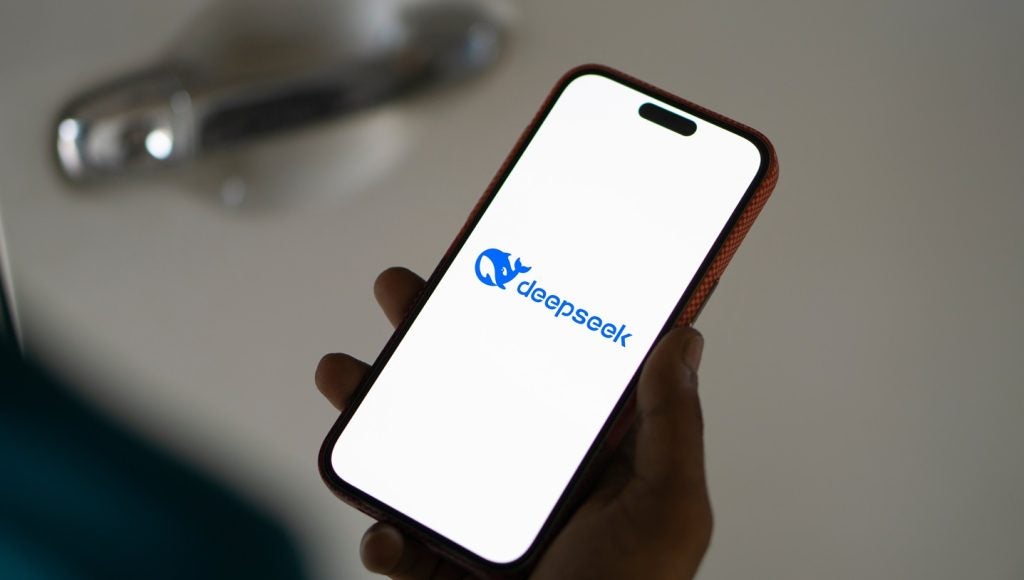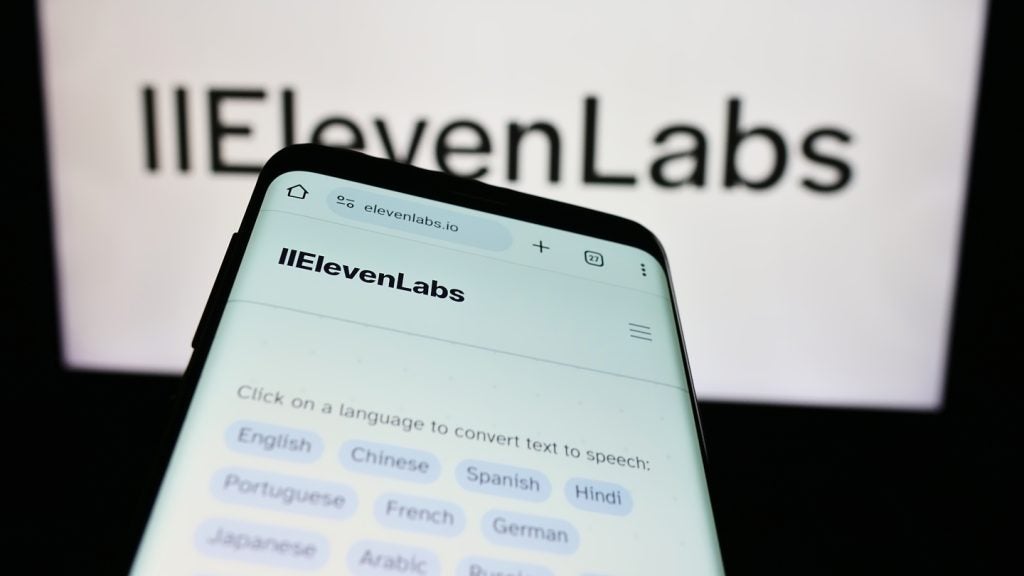The US is not the only republic witnessing leadership change.
Banana Republic, sister brand of Gap, is now on the hunt for a new president following yesterday’s resignation of incumbent, Andi Owen.
The shift is just the latest in a long line of management reshuffles, all of which have been set against the backdrop of a brand which is desperately trying, but failing, to remain relevant to shoppers.
The failure is easily measured.
US sales have dropped by 16 percent over a three-year period, and the decline shows no signs of slowing. Outside of the US, Banana Republic is in retreat, shutting all stores across the UK and retrenching in other regions.
The main reason for the deterioration of this once well-regarded brand mainly comes down to a lack of identity.
How well do you really know your competitors?
Access the most comprehensive Company Profiles on the market, powered by GlobalData. Save hours of research. Gain competitive edge.

Thank you!
Your download email will arrive shortly
Not ready to buy yet? Download a free sample
We are confident about the unique quality of our Company Profiles. However, we want you to make the most beneficial decision for your business, so we offer a free sample that you can download by submitting the below form
By GlobalDataBanana doesn’t know what it stands for, what needs it fulfils, or what type of customer it wants to serve. Consequently, it has become schizophrenic.
This lack of direction most visibly shows up in its products.
Collections last year were predominantly bland, with a generous sprinkling of oddness thanks to a few garments with strange cuts or patterning. There was no cohesion, and not much inspiration.
Without any clear point of difference, customers have become increasingly unwilling to pay the premium that Banana once commanded, and would still like to command.
The company has been forced to discounting and deals to shift merchandise – the same trap its sibling Gap has fallen into.
Admittedly, Banana Republic’s difficulties are not all of its own making.
One of the markets it plays in — semi-smart work-wear — is in gentle decline as many US workplaces have become less formal.
Equally, the demand for smart-casual clothing — a segment that Banana also caters for — has become more polarised thanks to the entry of new brands.
Banana customers wanting a cheaper, fresher fashion fix have migrated to Zara or H&M, both of which are growing share in the US.
Those who desire a more edgy, premium product are increasingly frequenting brands like Ted Baker or Club Monaco. Meanwhile, Banana Republic is left in the murky middle ground.
As challenging as they are, these trends have been in play for some time. As such, they are things that Banana Republic should have long since got to grips with.
Some attempts have been made, including the reinvention efforts under designer Marissa Webb, who took charge of the brand in 2014 and stayed for 18 months.
The outlook for US clothes sales remains strong, if retailers can find their voice
Webb’s efforts resulted in much stronger product stories that took Banana beyond the territory of everyday workwear and positioned it as a lifestyle destination.
That her changes did not bear immediate fruit on the sales line is not surprising – established brands, especially struggling ones, cannot be turned around on a dime. It takes time and patience to reestablish relevance with lost customers and to draw in new ones.
Patience, however, was in short supply at Banana’s parent company, Gap Inc, which desired a more immediate turnaround. Trust was also an issue, with Gap wanting to exert control over the future direction of the brand. Ultimately, Webb was not given sufficient time or space to finish her work.
Her departure, along with that of Gap’s creative director Rebekka Bay, suggest that Gap Inc has both a problem with change and with devolving responsibility for its brands.
This is one of the reasons Banana has muddled through for so long and has not adequately addressed the problems it faces.
The departure of Andi Owen now opens a new opportunity to bring in talent capable of putting Banana on the right track. If, that is, Gap Inc is brave enough to permit it.






